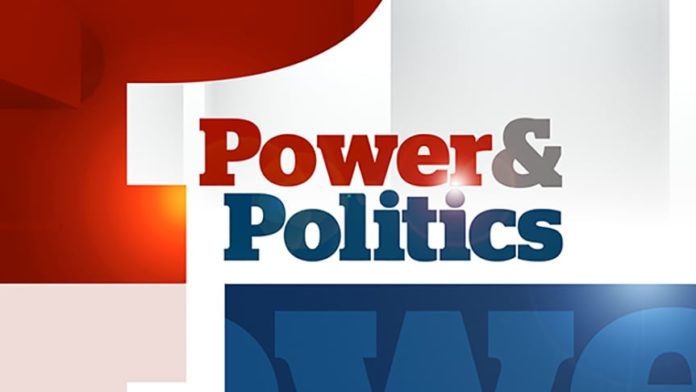Another layer was added on Monday to the early voting mess that is spilling onto the Aug. 2. Elections.
Chancellor JoeDae Jenkins Monday evening ruled in favor of the Memphis Branch NAACP and the Shelby County Democratic Party. Each group filed a lawsuit challenging the Shelby County Election Commission’s plan for staggering the opening of early voting locations.
The lawsuits filed on Friday asserted that the Election Commission’s plan essentially disenfranchised a segment of voters by only allowing one location – the Agricenter – to be open during the first four days of early voting, which is to begin July 13.
“Really we wanted to make sure we had our day in court so that the citizens of Shelby County can understand how decisions are made, particularly ones that impact this pivotal civic duty,” said Corey Strong, Shelby County Democratic Party chairman.
Attorneys Alexander Wharton and Andre Wharton, who represented the NAACP, requested that Chancellor Jenkins do two things:
- Require the Election Commission to open up two new early voting spots, adding on to the three (Abundant Grace Fellowship Church, New Bethel Missionary Baptist Church, and the Election Commission headquarters on Nixon Dr.) that the commission opened in response to the pushback that surfaced over the initial selection of the Agricenter as the lone site).
- Require the Election Commission to open up all sites the first Monday of early voting, July 16.
Jenkins agreed with the request, telling the Election Commission to prepare to set up shop inside Mississippi Blvd. Baptist Church (Midtown) and either the Ed Rice Community Center or Davis Community Center in Frayser. Wharton had argued that Frayser had been “completely ignored.”
Monday’s hearing lasted eight-plus hours, and included testimony from Commission Chairman Robert Meyers and Deputy Administrator Joe Young.
Meyers testified that he asked Election Commission Administrator Linda Phillips to research whether the commission should make changes to early voting sites back in January or February. The public wasn’t made aware of that until the commissioners gathered in late June.
It was revealed that there was no official meeting by the Election Commission to announce the change, nor were minutes posted from months before online.
“It wasn’t a meeting,” Meyers said. “A meeting sounds so formal. We just had a discussion, and we decided on some things.”
Jenkins ruled that the move violated state “sunshine laws,” which prevents such public bodies from having private meetings.
Young and Meyers said renting vehicles to move election machines, approving the sites and training about 400 election workers would make it daunting to open all sites earlier than July 18.
“The election commission says it would be tough, but not impossible,” Jenkins said during his ruling.
In response to Monday’s ruling, the Election Commission indicated it would request an interlocutory appeal — an appeal mid-trial on an aspect of a case.
“Obviously we’re going to comply with the chancellor’s orders that were made and decide if we’re going to appeal or not, but our intent is as it’s always been and that’s to serve the voters of Shelby County the best we can and provide opportunities for all of them to vote somewhere that’s relatively convenient,” Meyers said.



